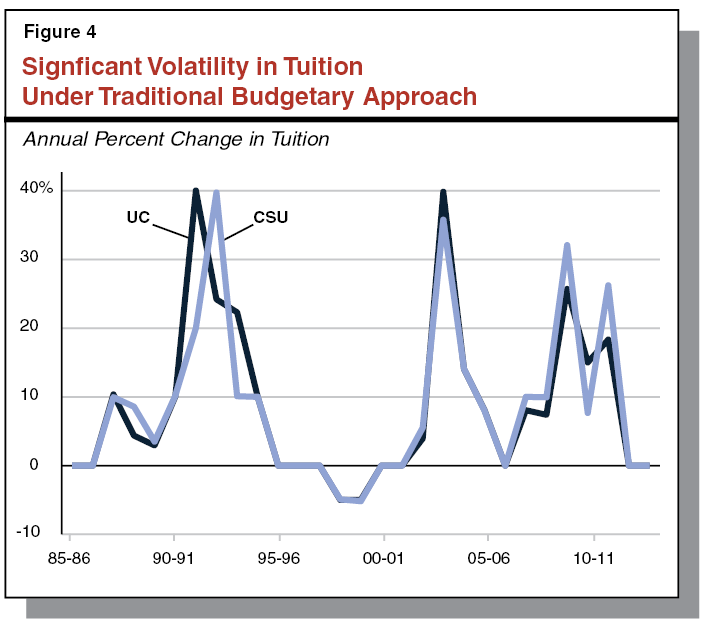Over 250 UCLA faculty, including a large number of department chairs and center directors, have written Chancellor Block with a detailed critique of plans for administrative centralization. The letter follows earlier exchanges between department chairs and Executive Vice Chancellor/Provost Emily Carter and other top administrators. “Although we appreciated the fora that EVC/P Carter recently organized in response to an earlier letter requesting more time to evaluate the re-organization plans she is proposing, we continue to feel that there has been insufficient time or detail to evaluate their consequences and that we have not been adequately involved in the consultation process,” faculty told Block in an email copied to faculty. Faculty ask Block to delay implementation of the plans and distribute adequate documentation so faculty can be fully informed.
The letter caps off several months of back-and-forth debate between department chairs and various senior administrators over IT centralization and the so-called new “Bruin Budget Model.” Earlier in the year, administrators circulated plans for a reorganization of campus networks authored by outside consultants that called for a new “Hub and Spoke” model that department chairs fear will result in loss of staff and poor service to faculty and departments. The faculty letter also criticizes plans for network centralization and security, noting that distributed networks can provide better security and central networks are a more attractive target for hackers.
Faculty likewise panned the proposed Bruin Budget (BBM) model as one that would cement already existing campus inequalities while decreasing transparency over campus spending priorities. BBM is an effort to move UCLA into something like activity-based budgeting, generate funds to central administration to support the initiatives of campus leaders, and control costs. Earlier in the quarter administrators delayed a proposed change to the way faculty raises are calculated after faculty expressed concern about the differential impact of the plan across faculty ranks. The complex budget plan was the subject of an online forum with EVC/P Carter and other senior managers in mid-May that was short on detail. In the words of the faculty letter:
Many of the answers at the faculty forum on the BBM held on 5/18/21 amounted to “trust us, we’ll get the answer right eventually”. That trust simply does not exist. Oversight by faculty from across the University and the diversity of roles that faculty serve would help ensure the integrity of the process with regards to supporting the University’s core mission.
Faculty are asking campus leaders to delay implementation of the budget model, which was intended to go into effect on July 1, 2021.
Read the full letter here.







